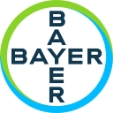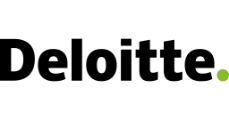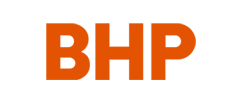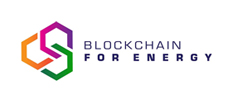asset categories
Explore real world assets on STRATO Mercata



Collectibles
Tokenize and trade exclusive items such as rare clothing and coveted sneakers.
Web3 commerce
Making markets more efficient

Transparency
Unprecedented trust through visible data

Liquidity
Instant asset liquidity and trading

Accessibility
Inclusive markets for global participation

Efficiency
Rapid, cost-effective transactions

Fractionalization
Shared ownership, lower entry barriers
SAY HELLO TO MERCATA MARKETPLACE V2
The Future of Asset Investment: Tokenization and Fractional Ownership
BlockApps ignites an inclusive investing revolution with the latest Mercata Marketplace update. Revolutionary tokenization and fractional ownership unlock real-world assets like silver, collectibles, and even carbon credits. Previously exclusive markets crumble as barriers fall, welcoming investors of all backgrounds. Own a sliver of a silver bar, champion eco-projects, and enjoy seller royalties with seamless transactions. Mercata Marketplace isn’t just a platform, it’s a movement for democratized finance, accessible to all.
INDUSTRY PIONEERS
Blockchain for the next billion users
BlockApps is at the forefront of blockchain technology adoption, enhancing traditional commerce with emerging technology to revolutionize how markets operate. We have a clear vision for how Web3 will transform commerce and a mission to unlock the full value of real-world assets by bringing them on-chain.
Experience a groundbreaking marketplace on Web3, combining the trust & transparency of blockchain technology with true ownership of real assets. STRATO Mercata makes markets more efficient and brings liquidity to previously illiquid markets, setting the standard for secure, decentralized commerce.









